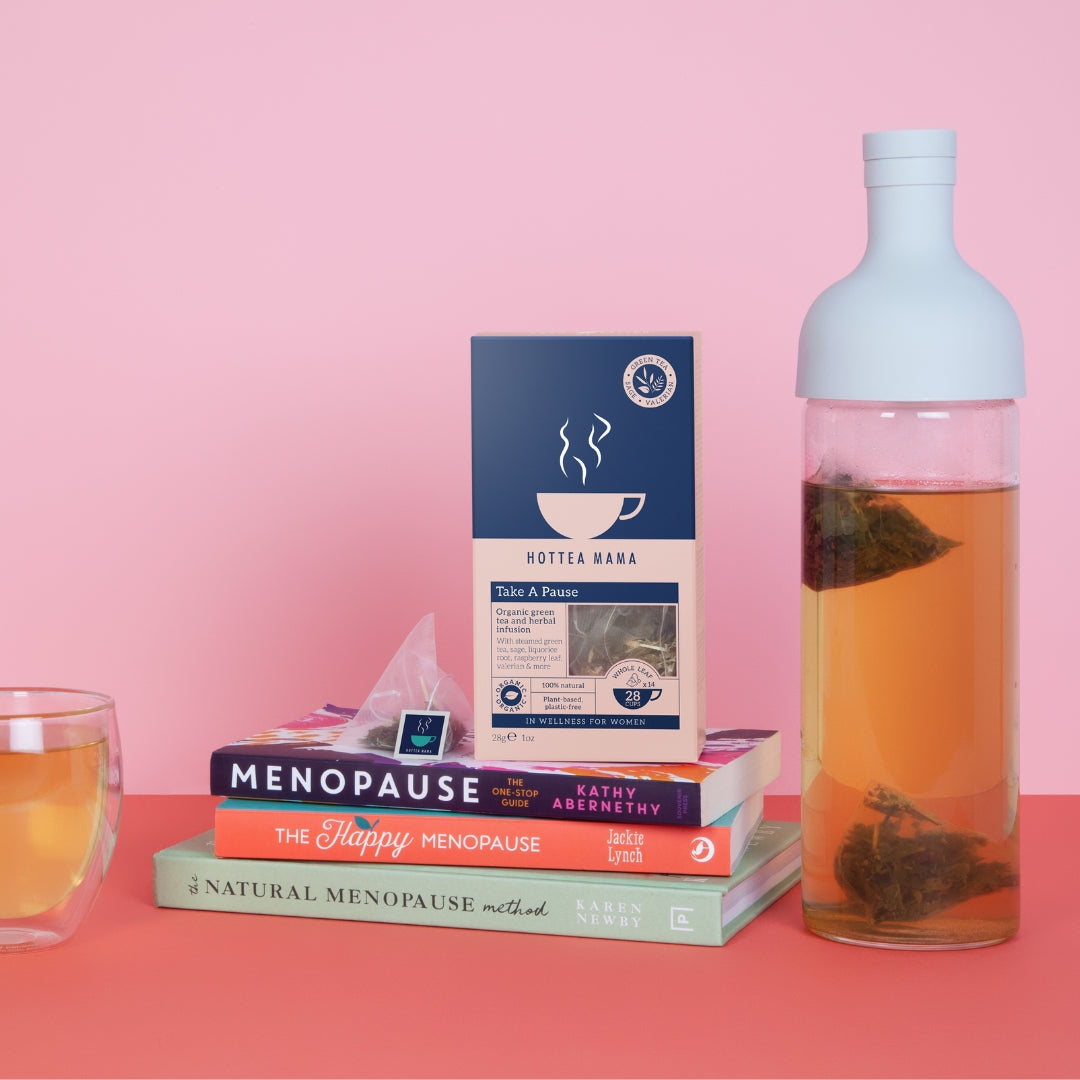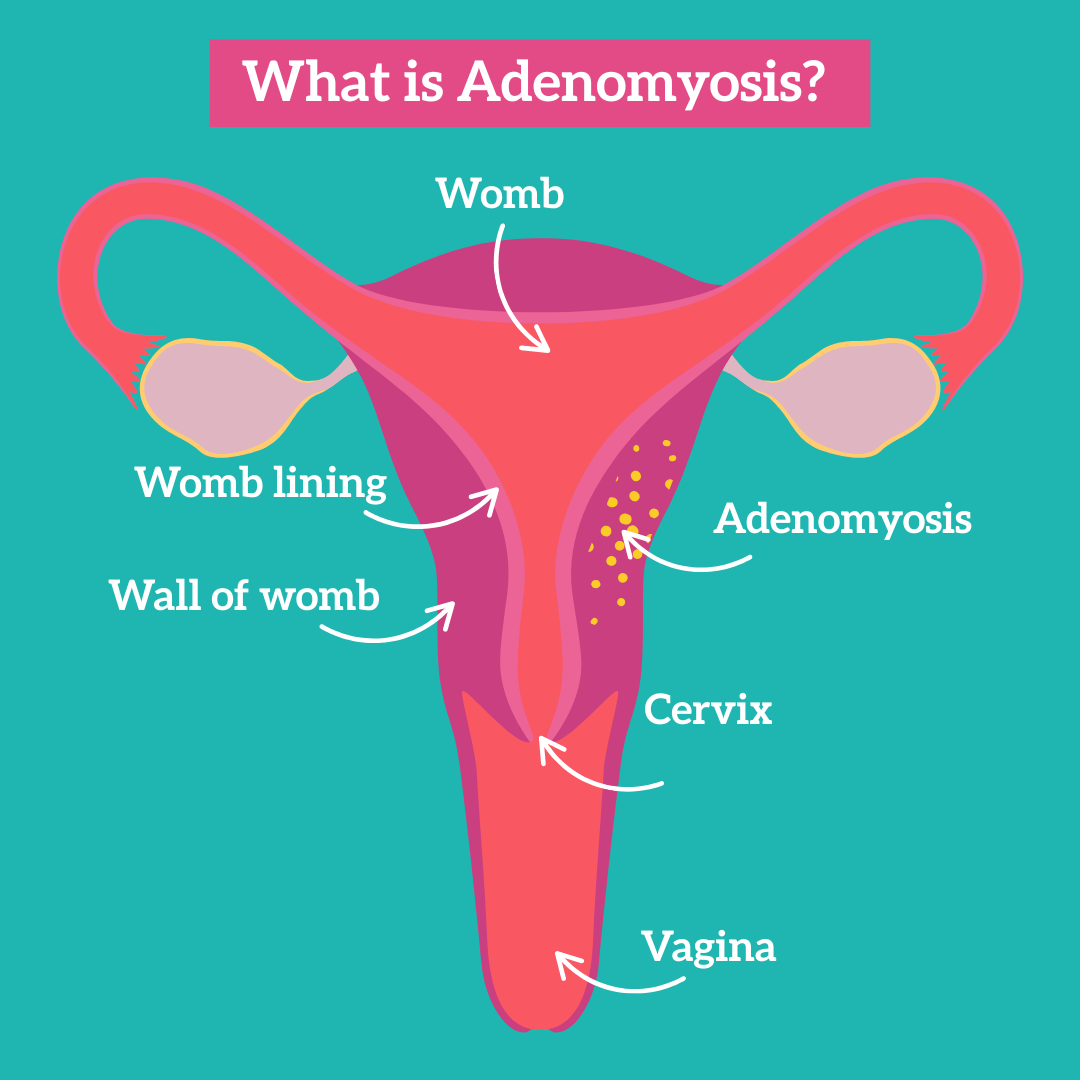How does caffeine affect menopause?

Caffeine has many positive impacts on our lives, but if you're in perimenopause or post-menopause, you should consider reducing your caffeine intake. It can actually worsen many issues that women face in mid-life - from weakening your pelvic floor strength, to affecting sleep, anxiety and hot flushes.
Caffeine and Pelvic Floor Strength
A 2022 study in the journal, Pelvic Floor Dysfunction, found a strong link between caffeine intake and pelvic floor weakness. The study looked at over 2,500 women and the results were quite clear: caffeine can contribute to bladder leakage and other pelvic floor problems. As caffeine works as a diuretic, it increases the amount of urine in your body, and it also aggravates the bladder, causing weaker pelvic floor and a likelihood of leaking. Our Get Up & Glow tea is a fantastic way to get a boost, with no caffeine in sight. It uses grapes as the base, to give you a tiny sugar uplift and lots of vitamin C to feel revitalised.
Caffeine and Hot Flushes
There are mixed results from the small scale research that has been done into caffeine's impact on hot flushes, but it does appear that some women suffer from more intense and more regular hot flushes if their caffeine intake is over 200mg per day. If you're suffering it's well worth trying reducing your caffeine intake - our Take A Pause tea is a great low caffeine alternative to coffee, with sage and liquorice to also help reduce hot flushes.
Caffeine and Sleep
As a stimulant, caffeine is used specifically to help us feel awake and more alive. But in perimenopause, sleep patterns can be affected be night sweats and hot flushes, and many women start to suffer from poor sleep and insomnia. In this scenario, caffeine should be avoided. Try not to drink caffeine after lunch time if you are very sensitive, and keep your caffeine intake to below 200ml per day. Green tea or fruit and herbal blends are best!
Caffeine and Anxiety
If you ever feel jittery or stressed after drinking a coffee, it's likely that the caffeine in it is initiating your 'fight or flight response'. Research shows that drinking caffeine increases the risk of having a panic attack and increases levels of anxiety, if you suffer from anxiety. It's well worth keeping your caffeine in check for this very reason.
If you're looking for alternatives to your daily caffeine hit, our range of menopause support teas, and sleep support teas can hopefully help, one delicious sip at a time.




Comments